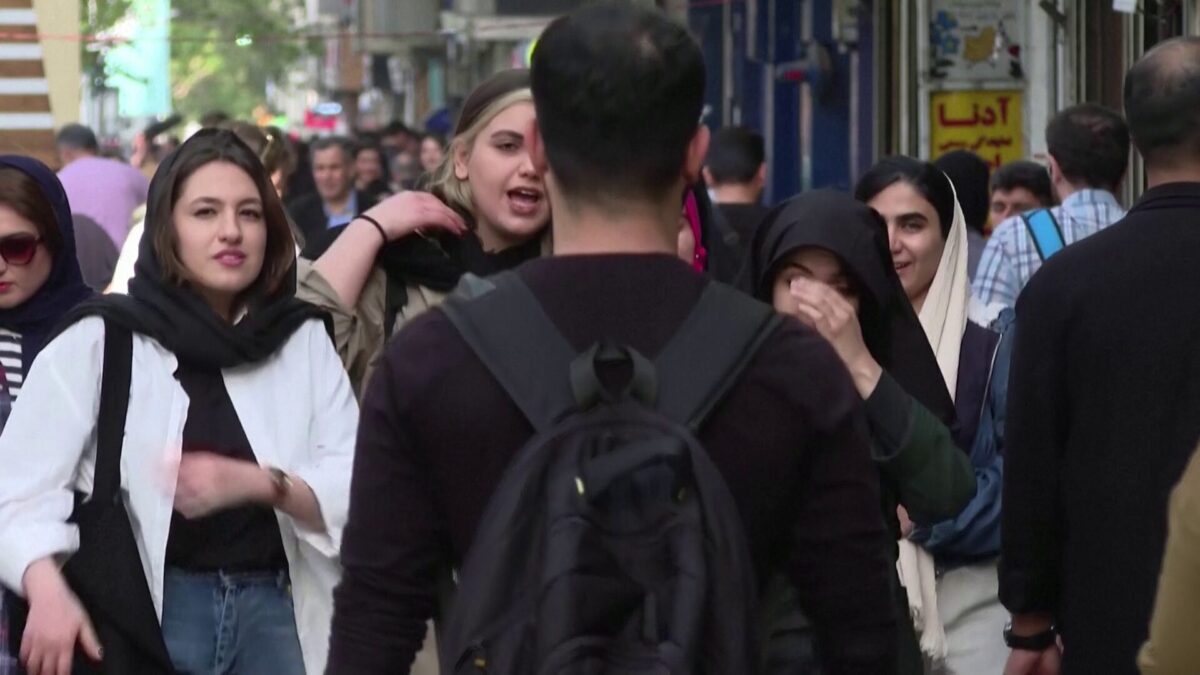TEHRAN, Iran — The possibility of an Israeli retaliation for Iran’s drone and missile strike over the weekend has heightened concerns among Iranians, who are already grappling with economic difficulties and increased social and political restrictions following the 2022-23 protests.
Iranian political and military leaders have repeatedly stated their intent to escalate conflicts if Israel retaliates, a move that could lead to further attacks.
“This would be devastating for ordinary citizens,” said Hesam, a 45-year-old teacher in Amol. “Economic pressures will increase, and our safety will be compromised. We must avoid conflict at all costs. I don’t want a war. How can I protect my two children when no place is safe?”
Parvaneh, a housewife in Yazd, expressed fears that an Israeli strike could severely impact the already struggling economy, battered by years of sanctions, mismanagement, and corruption.
“We Iranians have suffered enough over the years. War only brings disaster,” said the 37-year-old mother of two. “My husband is a factory worker. We barely have enough to buy essential goods, let alone stockpile them.”
Middle and lower-income Iranians are bearing the brunt of the economic crisis, with inflation exceeding 50% and rising costs for utilities, food, and housing. The Iranian rial has also significantly devalued.
Despite the fear, there is a sense of pride among some Iranians regarding Tehran’s response to what it claims was an Israeli attack on its consulate in Damascus on April 1.
“I am proud of our response to the attacks on Israel. They initiated the conflict, and we had to respond. Israel knows Iran is a formidable force,” said Hossein Sabahi, 30, a government worker in Tabriz.
Following the attack, state television broadcasted small demonstrations in several cities, showcasing support for Tehran’s forceful response with crowds chanting “Death to Israel” and “Death to America.”





